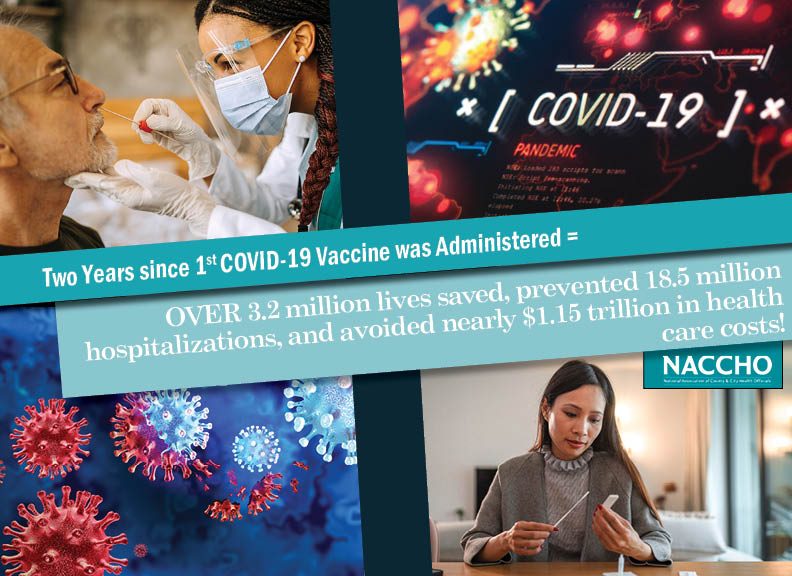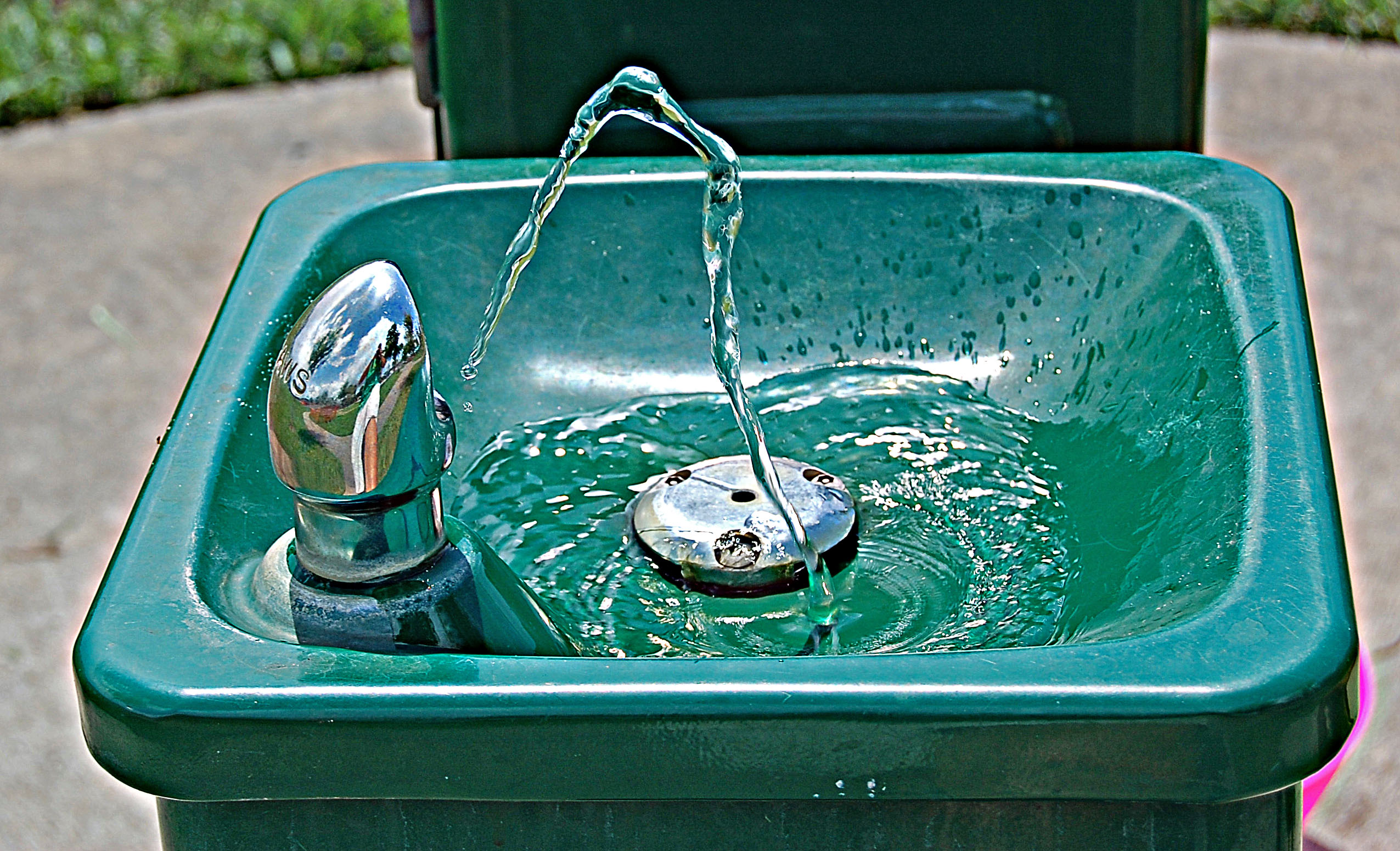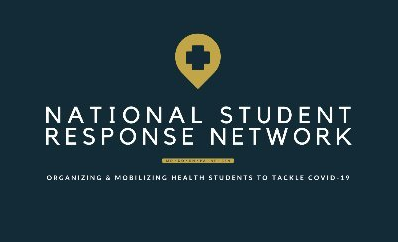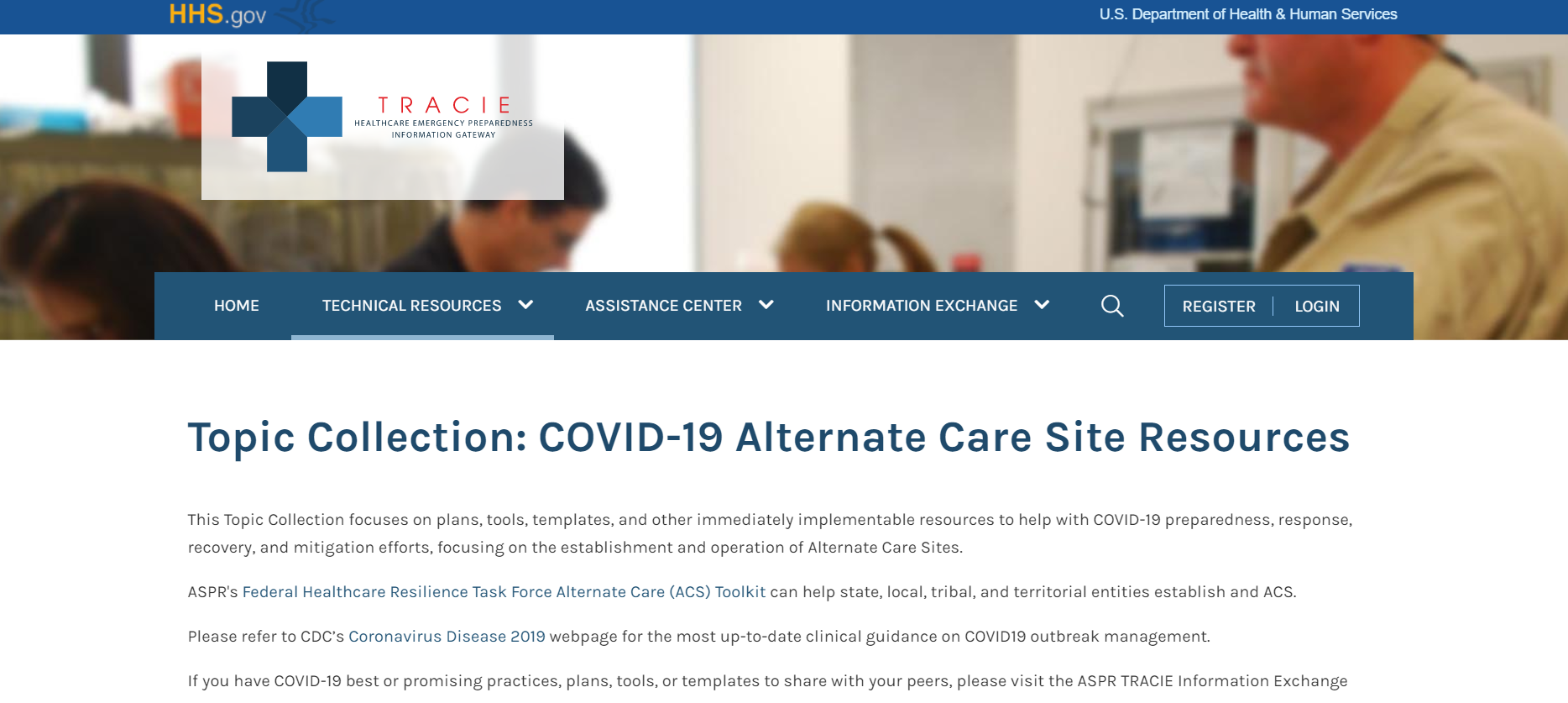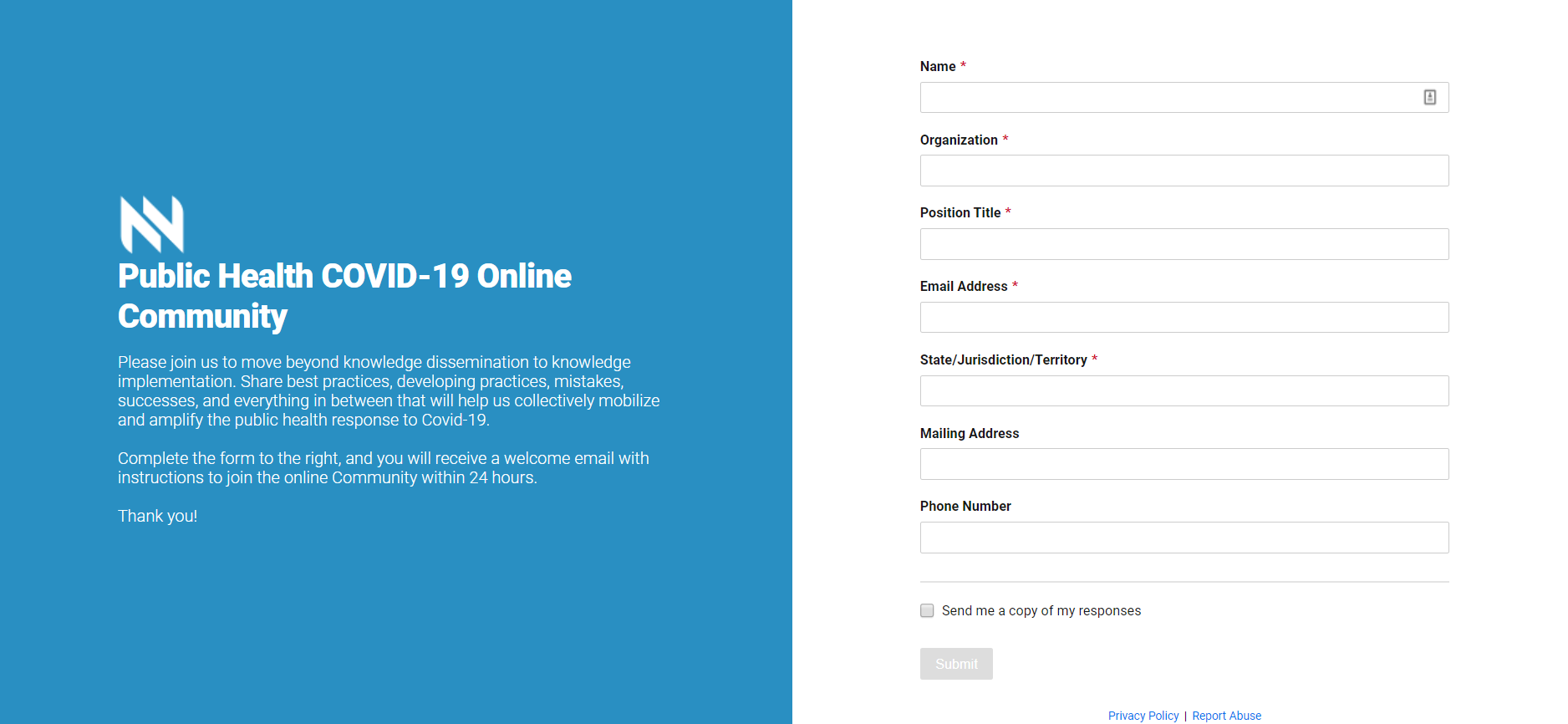Popular Categories
Mid-Atlantic Kicks Off Severe Weather Preparedness Week with Rare March Snowstorm
Here in Washington, D.C., a rare late-winter snowstorm is currently wrecking havoc at the start of Severe Weather Preparedness week...
Mar 03, 2014 | Stacy Stanford
The Atlanta “Snowpocalypse”–The Case for Preparedness Training for Rare Weather...
For U.S. cities like Albany and Green Bay that are accustomed to winters of low temperatures and high snow drifts, two inches of snow...
Feb 05, 2014 | Rachel Schulman
National Radon Action Month: Resources for Local Health Departments
What is tasteless, colorless, and odorless and the number one cause of lung cancer in non-smokers in the United States? Radon. January...
Jan 21, 2014 | Lisa Brown
The Hazmat Spill in West Virginia: What It Means for Local Public and Environmental...
A week after Freedom Industries leaked approximately 7,500 gallons of 4-methylcyclohexane methanol (MCHM) from a storage facility...
Jan 14, 2014 | Justin Snair
Pandemic Influenza Preparedness: Partnering With Schools
On any given day, educational institutions house more 20 percent of the United States population. This equates to more than 60 million...
Oct 16, 2013 | Andy Roszak
Mid-Atlantic Kicks Off Severe Weather Preparedness Week with Rare March SnowstormHere in Washington, D.C., a rare late-winter snowstorm is currently wrecking havoc at the start of Severe Weather Preparedness week (March 2-8), a public education effort organized by the National Oceanic Atmospheric Administration’s (NOAA) National Weather Service and the Federal Emergency Management Agency (FEMA) aimed at improving the way people prepare for and respond to severe weather. Mar 03, 2014 | Stacy Stanford |
The Atlanta “Snowpocalypse”–The Case for Preparedness Training for Rare Weather EventsFor U.S. cities like Albany and Green Bay that are accustomed to winters of low temperatures and high snow drifts, two inches of snow is barely cause for concern. In the warmer cities of the south, however, what may seem like a minor weather event can be a major disruption to the community. Atlanta found […] Feb 05, 2014 | Rachel Schulman |
National Radon Action Month: Resources for Local Health DepartmentsWhat is tasteless, colorless, and odorless and the number one cause of lung cancer in non-smokers in the United States? Radon. January is National Radon Action Month, a month designated by the Environmental Protection Agency (EPA) to take action against radon. Radon exposure is a preventable health risk. Local health departments (LHDs) can raise awareness […] Jan 21, 2014 | Lisa Brown |
The Hazmat Spill in West Virginia: What It Means for Local Public and Environmental HealthA week after Freedom Industries leaked approximately 7,500 gallons of 4-methylcyclohexane methanol (MCHM) from a storage facility along the Elk River near Charleston, West Virginia, questions have emerged over whether state and federal regulations were adequate enough to prevent the spill. Reports[i] indicate that the facility has not been subject to a federal inspection in over 20 years […] Jan 14, 2014 | Justin Snair |
Pandemic Influenza Preparedness: Partnering With SchoolsOn any given day, educational institutions house more 20 percent of the United States population. This equates to more than 60 million students, facility, and staff. According to the U.S Secretary of Education, “Pandemic influenza could have a profound effect on our nation’s school systems. Children would be expected to have high rates of infection and are more likely […] Oct 16, 2013 | Andy Roszak |
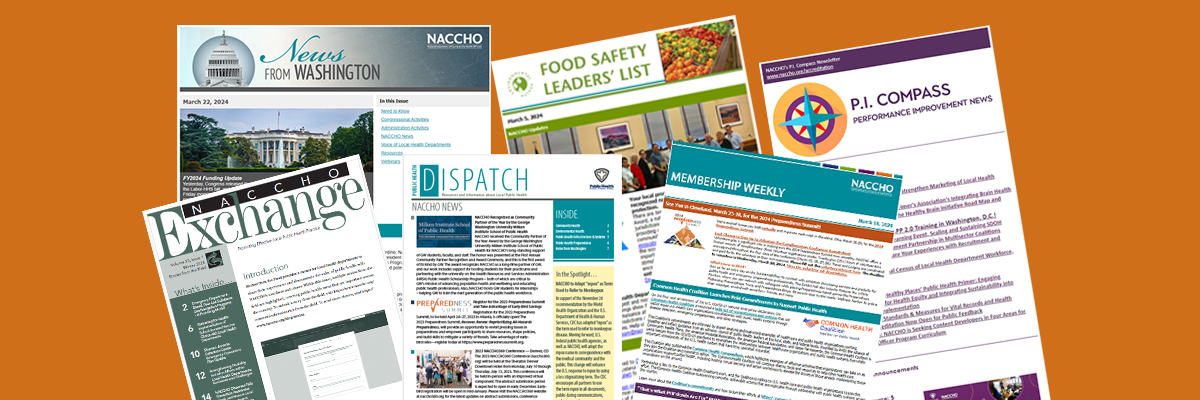
Subscribe Today
Sign Up for the E-mail Digests
Create an account or login to MyNACCHO and go to "My Subscriptions."
SUBSCRIBE NOW